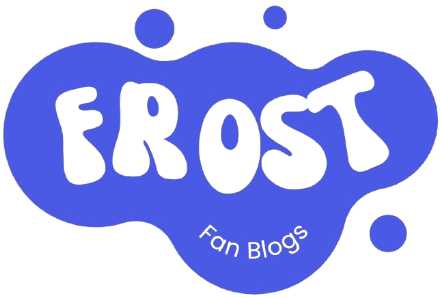Introduction
The term hürrilet may sound unfamiliar to many English-speaking readers, but it carries profound cultural and philosophical significance in the Turkish language and society. At its core, hürrilet embodies ideas of freedom, independence, and individual dignity. Understanding this concept offers insight not only into Turkish culture but also into universal themes of personal liberty and societal values.
In today’s interconnected world, learning about terms like hürrilet helps bridge cultural gaps and fosters appreciation for global diversity.
What Does Hürrilet Mean?
The word hürrilet originates from Turkish, with roots in the phrase hür, meaning “free.” Hürrilet can be interpreted as “freedom,” “liberty,” or “the state of being independent.” Unlike simple translations, the term carries a subtle nuance that emphasizes both personal autonomy and social responsibility.
For an English-speaking audience, the closest concept might be a combination of freedom and self-respect. This idea goes beyond mere political freedom and touches on the ethical dimension of living an autonomous, principled life.
Historical and Cultural Significance
Historically, hürrilet has been closely associated with Turkish literature, philosophy, and political thought. Many classical Turkish writers used the term to describe not just national independence but also personal moral integrity.
For instance, during the late Ottoman era and early Republican period, the concept of hürrilet appeared in discussions about citizens’ rights, social justice, and national identity. It symbolized a balance between personal liberty and communal harmony, a theme often explored in Turkish poetry and philosophical texts.
For more detailed historical context, you can explore Hürrilet on Wikipedia (general concept of freedom).
Modern Relevance of Hürrilet
Today, hürrilet remains a relevant idea, both in Turkey and globally. In modern contexts, it can apply to personal development, education, and civic engagement. People increasingly value autonomy in their careers, lifestyles, and ethical decision-making—core principles embedded in the notion of hürrilet.
Social media and global communication have made it possible for audiences worldwide to engage with concepts like hürrilet, allowing the term to gain recognition beyond its original cultural boundaries.
Hürrilet and International Perspectives
For an international or USA-based audience, hürrilet parallels universal ideals such as civil liberties, self-expression, and the pursuit of individual rights. Understanding such concepts promotes cross-cultural empathy and awareness.
Interestingly, the idea of hürrilet is sometimes compared with Western philosophical notions of freedom, such as those discussed by thinkers like John Locke or Immanuel Kant. This makes hürrilet a bridge between Turkish cultural heritage and global philosophical discourse.
Common Misconceptions
One common misconception about hürrilet is that it solely refers to political freedom. While political liberty is part of the concept, hürrilet also encompasses ethical responsibility and social awareness. Another misunderstanding is equating it with individualism in a Western sense in Turkish culture, hürrilet balances personal freedom with collective well-being.
Some competitors in cultural or philosophical writing platforms may focus only on political aspects of hürrilet, but this narrow approach overlooks its broader cultural and moral dimensions.
Lessons and Recommendations
For readers seeking to apply the principles of hürrilet in everyday life:
- Cultivate personal autonomy: Make decisions aligned with your values.
- Balance freedom with responsibility: Consider how your actions impact others.
- Explore cultural knowledge: Understanding terms like hürrilet can enrich your perspective on global philosophies.
- Engage with reliable sources: Use educational references such as Wikipedia, academic texts, or cultural institutions to deepen your understanding.
By applying these recommendations, individuals not only respect the essence of hürrilet but also contribute to a more thoughtful and interconnected world.
Conclusion
In summary, hürrilet is a multifaceted term that represents freedom, ethical autonomy, and cultural heritage. Its significance extends from historical Turkish literature to modern global contexts, making it both a culturally rich and universally relevant concept. For those in the USA or any international audience, embracing the ideas behind hürrilet fosters cultural empathy, ethical reflection, and personal growth. As you explore global philosophies, remember that concepts like hürrilet provide more than linguistic knowledge; they offer pathways to understanding how societies value freedom and responsibility.





